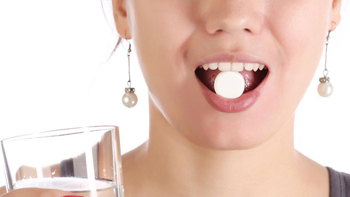Dec 21: Regular use of over-the-counter non-steroidal inflammatory drugs (NSAIDs) such as aspirin and ibuprofen is associated with an increased risk of dying in patients diagnosed with a type of uterine cancer.
 “There is an increasing evidence that chronic inflammation is involved in endometrial cancer and progression and recent data suggests that inhibition of inflammation through NSAID use plays a role,” said co-lead author of the study Theodore Brasky from Ohio State University in the US.
“There is an increasing evidence that chronic inflammation is involved in endometrial cancer and progression and recent data suggests that inhibition of inflammation through NSAID use plays a role,” said co-lead author of the study Theodore Brasky from Ohio State University in the US.
“Our finding was surprising because it goes against previous studies that suggest NSAIDs can be used to reduce inflammation and reduce the risk of developing or dying from certain cancers, like colorectal cancer,” Brasky said.
In the study involving more than 4,000 patients, the researchers found that regular NSAID use was associated with a 66% increased risk of dying from endometrial cancer among women with Type-1 endometrial cancers, a typically less-aggressive form of the disease.
The association was statistically significant among patients who reported past or current NSAID use at the time of diagnosis, but it was strongest among patients who had used them for more than 10 years in the past but had ceased use prior to diagnosis. Use of NSAIDs was not associated with mortality from typically more aggressive form of the cancer, according to the study published in the Journal of the National Cancer Institute.





Comments
Add new comment